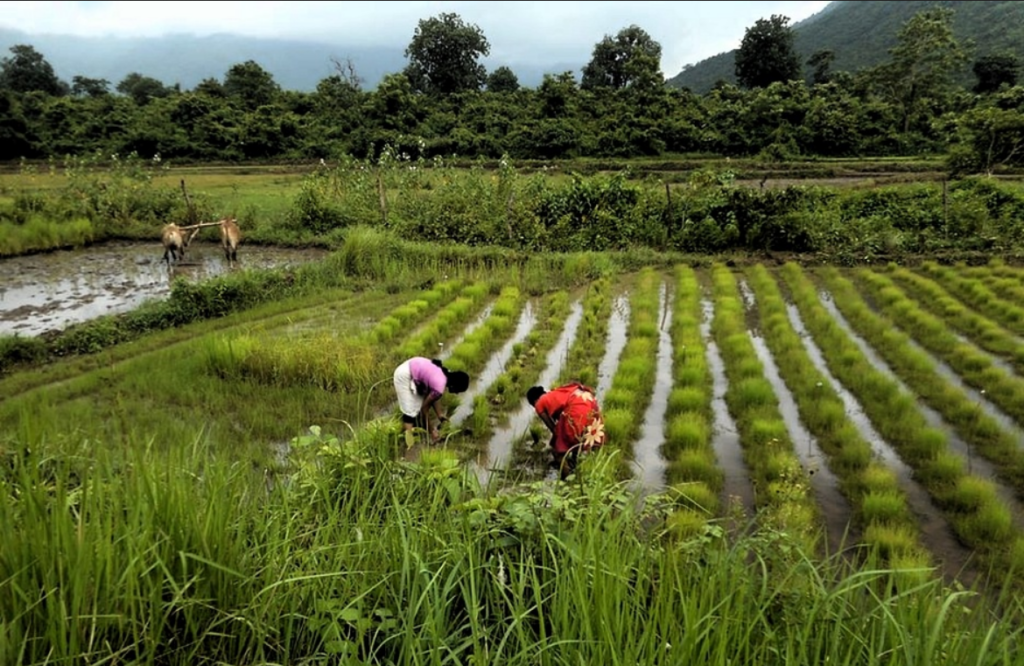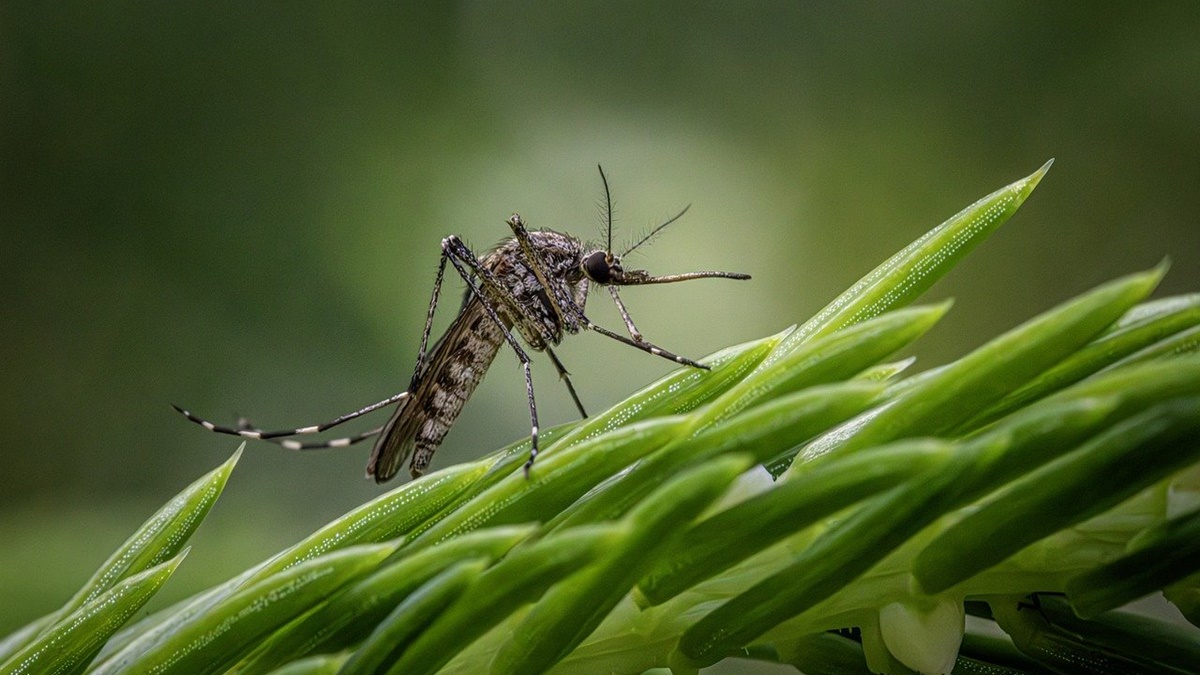Following floods, farmers in Punjab, particularly those cultivating paddy, are encountering challenges during this year’s kharif season due to a pest invasion. In July, heavy rains inundated vast swathes of land, causing significant damage to paddy and basmati crops across 2 lakh acres. Subsequently, in August, the overflow from Bhakra and Pong dams in Himachal Pradesh submerged agricultural fields in Punjab for several days. Now, in September, crops, especially paddy, are under siege from various pests, particularly affecting areas like Malerkotla, Sangrur, Nabha, and some villages in the Moga district.
The pests plaguing farmers include Patta Lapet (Rice Leaf Fold Insect), Gobh Sundi (also known as the rice whorl maggot or white step borer), and Brown Plant Hopper (BPH), locally known as Kala Tela, all inflicting considerable damage on paddy and basmati crops.

Farmers attribute the early onset of pest attacks to the scant rainfall in August and September. BPH targets the paddy plant’s stem, hampering grain formation. Typically, adequate rainfall two to three weeks before harvesting helps control these pests, but this year, Punjab is experiencing high humidity coupled with minimal rainfall in September.
Abjinder Sangha, a farmer from Gowara village in Malerkotla, has observed the presence of Kala Tela, Patta Lapet, and Gobh Sundi in his fields. Farmers are resorting to costly insecticides for pest control, compounded by a shortage of labor for spraying. Unfortunately, the available sprays have proven ineffective against these pests, raising input costs by Rs 1,000 to Rs 1,200 per acre.
Gurjit Singh, another farmer from the same district, is grappling with pest attacks on his 50 acres of paddy and basmati fields, burdened by the expense of sprays and labor.
Amarjit Singh from Niamatpur village in Malerkotla also reports Kala Tela and Patta Lapet infestations on his 7-acre land, including 2 acres on rent. Numerous other farmers have voiced concerns over the ineffectiveness of sprays and are urging government intervention to verify spray quality at dealer centers.

In Moga’s Bajeke of Dharamkot sub-division, farmers are actively spraying insecticides to combat Kala Tela. They stress the need for effective sprays and call for government support during crop damage assessments.
This year, Punjab has cultivated paddy on 32 lakh hectares, including around 5.96 lakh hectares of basmati varieties. Experts note that while paddy and basmati crops are generally less vulnerable to pest attacks, occasional BPH infestations can lead to reduced yields or premature harvesting. Harvesting typically commences in the first week of October, with Basmati 1509 being the only exception, sown in June and currently undergoing harvesting in some districts.
Experts attribute BPH and other infestations to high humidity levels during the grain-filling stage. While Kala Tela infestations were prevalent in the early 2000s, they diminished in the following decade, with only sporadic incidents reported.
Harbans Singh, Chief Agriculture Officer of Sangrur, acknowledges the threat posed by these pests, particularly in humid weather conditions. While there have been some reports of Patta Lapet, no cases of Kala Tela have been noted thus far. He underscores the importance of timely insecticide spraying and assures that they will closely monitor field reports, despite the overall healthy appearance of crops at present.


